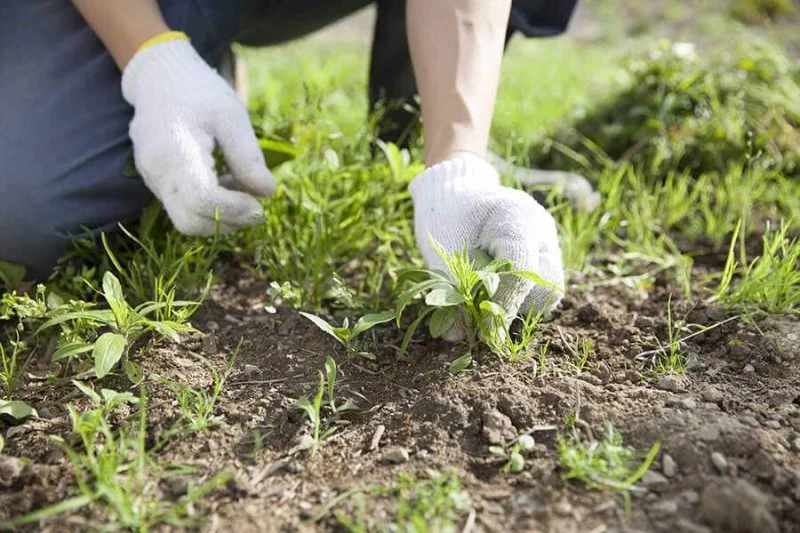‘We’re simultaneously reducing our reliance on crop-protection products and getting better at killing weeds’: Crop biotechnology and other innovations provide pesticide alternatives
‘We’re simultaneously reducing our reliance on crop-protection products and getting better at killing weeds’: Crop biotechnology and other innovations provide pesticide alternatives


Controlling weeds is all about balance: We must balance the needs of the plants we want to grow and those we don’t. It doesn’t matter if we are growing tomatoes and peppers in our garden or corn, soybeans and wheat in our fields. We need fertile soil, water, and sunlight for the plants to grow and prosper while keeping unwanted pests, like weeds, insects and disease to a minimum.
Cultural practices like crop rotation, reduced tillage and crop covers all work to discourage weed growth. Still, weeds have a cunning ability to adapt and survive these management techniques. That’s where technology helps.
…
This technology includes access to GM crops, leading to a welcome paradox: We’re simultaneously reducing our reliance on crop-protection products and getting better at killing weeds.
That’s good for me as a farmer because it will keep my crops safe. It’s good for consumers, too, because when crops grow without interference from weeds, food is abundant and prices at grocery stores and restaurants remain reasonable. And finally, it’s good for the environment because we lessen our dependence on herbicides.
This is an excerpt. Read the original post here.

 | Videos | More... |

Video: Nuclear energy will destroy us? Global warming is an existential threat? Chemicals are massacring bees? Donate to the Green Industrial Complex!
 | Bees & Pollinators | More... |

GLP podcast: Science journalism is a mess. Here’s how to fix it

Mosquito massacre: Can we safely tackle malaria with a CRISPR gene drive?

Are we facing an ‘Insect Apocalypse’ caused by ‘intensive, industrial’ farming and agricultural chemicals? The media say yes; Science says ‘no’
 | Infographics | More... |

Infographic: Global regulatory and health research agencies on whether glyphosate causes cancer
 | GMO FAQs | More... |

Why is there controversy over GMO foods but not GMO drugs?

How are GMOs labeled around the world?

How does genetic engineering differ from conventional breeding?
 | GLP Profiles | More... |

Alex Jones: Right-wing conspiracy theorist stokes fear of GMOs, pesticides to sell ‘health supplements’




 Viewpoint — Fact checking MAHA mythmakers: How wellness influencers and RFK, Jr. undermine American science and health
Viewpoint — Fact checking MAHA mythmakers: How wellness influencers and RFK, Jr. undermine American science and health Viewpoint: Video — Big Solar is gobbling up productive agricultural land and hurting farmers yet providing little energy or sustainabilty gains
Viewpoint: Video — Big Solar is gobbling up productive agricultural land and hurting farmers yet providing little energy or sustainabilty gains Trust issues: What happens when therapists use ChatGPT?
Trust issues: What happens when therapists use ChatGPT? Fighting deforestation with CO2: Biotechnology breakthrough creates sustainable palm oil alternative for cosmetics
Fighting deforestation with CO2: Biotechnology breakthrough creates sustainable palm oil alternative for cosmetics California, Washington, Oregon forge immunization alliance to safeguard vaccine access against federal undermining
California, Washington, Oregon forge immunization alliance to safeguard vaccine access against federal undermining 30-year-old tomato line shows genetic resistance to devastating virus
30-year-old tomato line shows genetic resistance to devastating virus The free-range chicken dilemma: Better for birds, but with substantial costs
The free-range chicken dilemma: Better for birds, but with substantial costs ‘You have to treat the brain first’: Rethinking chronic pain with Sanjay Gupta
‘You have to treat the brain first’: Rethinking chronic pain with Sanjay Gupta
